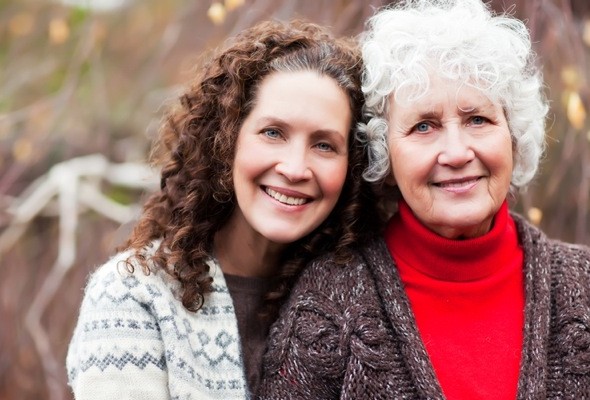As a member of the First Spouse Turned Demogorgon Club, I can tell you with hindsight that divorce can be a wonderful thing: No more arguments, no more awkward Thanksgivings with creepy in-laws, no more washing the dishes during prime football hours. But at the same time, divorce is almost never positive during the initial process, self-doubt and anger consumes you, and (ultimately) you will have to deal with financial matters, particularly if you have minor children. And when child support or maintenance is in the picture, your former best friend is going to want to make sure that cool hard cash is still there if you pass away during the payment period. So, purchasing life insurance to cover your




















